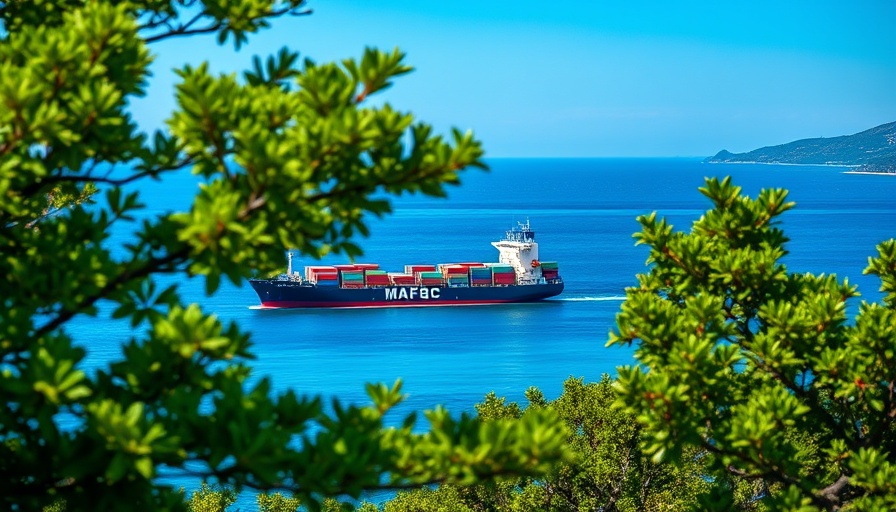
INC-5.2: A Pivotal Moment for Malaysia in Plastic Governance
As the world grapples with escalating plastic pollution, Malaysia finds itself at a crucial juncture. Malaysian Members of Parliament (MPs) are calling for the country to take a leadership role in the upcoming negotiations for a global plastics treaty. Scheduled to take place in Geneva later this year, the Intergovernmental Negotiating Committee (INC-5.2) meeting offers a significant opportunity for Malaysia and ASEAN to lead by example.
Why This Matters for ASEAN
The memorandum signed by over a hundred civil society organizations emphasizes the necessity of a legally binding agreement to curb plastic production and mitigate its environmental consequences. With Malaysia currently chairing ASEAN, it stands to not only address national issues but also reinforce regional cooperation in tackling plastic waste. Petaling Jaya MP Lee Chean Chung highlighted that plastic pollution knows no borders, positioning this treaty as a chance for ASEAN to unite.
Historical Context: Malaysia’s Plastic Waste Challenge
Malaysia has a complicated history concerning plastic waste management. Once a recipient of plastic waste from developed nations, the country has tightened import controls significantly. An amendment to its Customs Act now prohibits all forms of plastic scrap from entering the country, reflecting a shifting paradigm towards responsible waste management and sustainable practices.
Future Insights: Governance and Plastic Production
With plastic production set to increase globally, the time to act is now. The MPs' call for strong participation in treaty negotiations is not merely a response to domestic demand for cleaner environments but a proactive measure aimed at influencing global markets and policies surrounding plastic use. The bargaining power held by countries like Malaysia can be a catalyst for long-term sustainability practices regionally and beyond.
Relevance to Current Environmental Issues
Plastic pollution is a pressing issue linked to climate change, biodiversity loss, and overall environmental degradation. As global attention shifts towards sustainability and eco-friendly living, Malaysia has the opportunity to showcase how strong governance and concerted regional efforts can pave the way for reduced plastic waste. MPs like Ahmad Yunus Hairi underline the dire consequences of neglecting this issue, including effects on climate risks and biodiversity.
Complementing the Global Efforts: Local Initiatives
In support of national efforts to gain regional leadership in plastics governance, local initiatives spearheaded by various NGOs highlight the movement towards sustainable living. Community-led programs focusing on reducing waste, promoting zero waste lifestyles, and advancing social responsibility in consumption provide real-world applications of the strategies discussed at the INC-5.2 negotiations.
What Can You Do?
As citizens, joining these conversations and supporting sustainable practices can significantly amplify the voices at the negotiation table. From reducing single-use plastics in daily life to advocating for policies that encourage responsible consumption, everyone has a role in creating a sustainable future. Consciously opting for eco-friendly products and engaging in community efforts can contribute to larger change.
As we approach the significant INC-5.2 negotiations, the call to action lies in how each one of us can contribute to sustainable practices in our communities. Every choice we make towards reducing plastic use strengthens Malaysia's position in international discussions, ultimately aiding both local and global environmental efforts.
 Add Row
Add Row  Add
Add 



Write A Comment